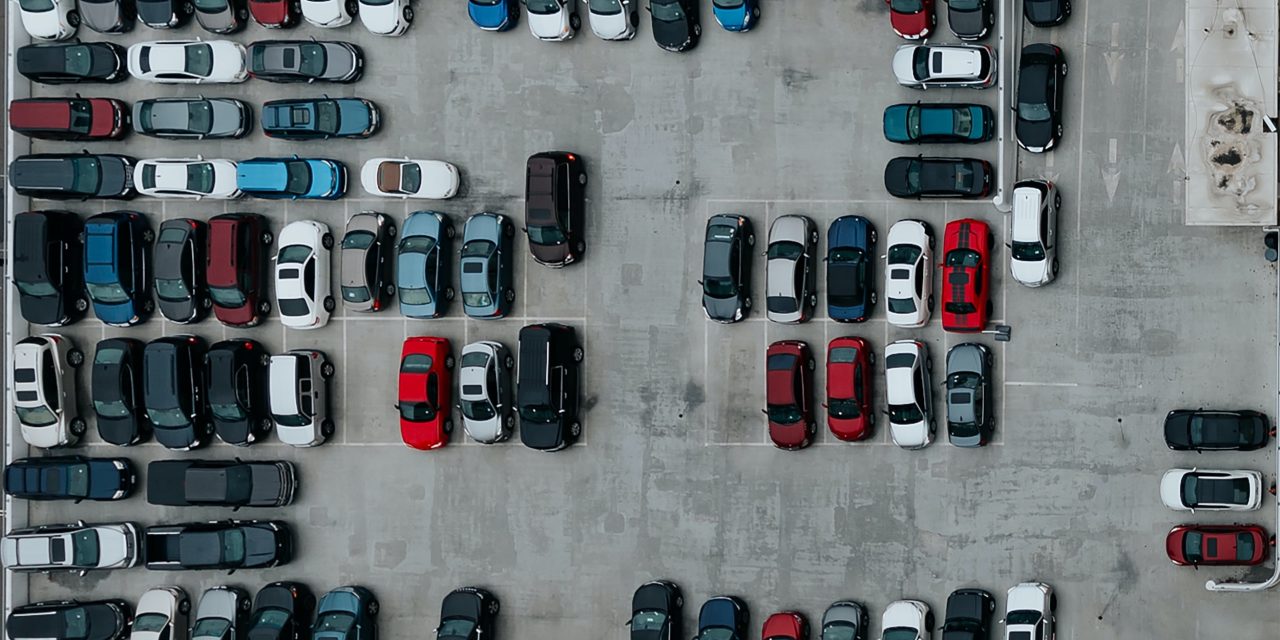It’s a frustrating time to be looking for a new vehicle. Recent research has found that prices for many of the UK’s most popular new cars have risen over the past three years – with some models rising by as much as 25-26%. Normally, in such a situation, one would turn to the used market, but there are similar issues being found there as well.
Is it all just down to inflation or is there something more at play? Below, we’ll examine the reasons behind car prices getting more expensive and explore what you can do to avoid paying through the nose to put yourself behind a new wheel.
The supply chain
The supply chain for new cars has come under immense pressure over the last 12 months, primarily due to a global shortage of semiconductor computer chips required to power vehicles. With many manufacturers still trying to recover from losses suffered as a result of the Covid-19 pandemic, this fresh problem has compounded their struggles and caused a severe backlog in the manufacturing process.
To some extent, an increase in the price of new cars is entirely natural as the technology involved in creating them, and the resulting improvements in design and performance, gets more sophisticated. But it’s the availability of parts to manufacturers which is compounding that effect, causing the market to distort. As a result, car loans are becoming increasingly popular to buy more expensive new cars.
Used cars getting pricier
When new cars are prohibitively expensive, the obvious recourse would be to explore the used market. However, things are not all that different when buying second-hand.
Data from AutoTrader indicates that the average used car is now 32% more expensive than it was in March 2021, with prices having already been trending upwards before that.
Unfortunately for those hoping for an easy way to get better value, the used-car market rather inevitably shadows and reflects the new-car market. After all, if high prices for new cars are increasing demand for used ones, that demand will be reflected in prices. With global car supply halted thanks to the combination of the pandemic and a components shortage, don’t expect things to change overnight.
What can you do?
It’s an unfortunate truth that, for many, buying a new car outright may not be financially prudent in the current circumstances – so look into car loan options and the financing options being offered by dealerships, which might make purchases more feasible.
If you do opt for a new car, the best time to make such purchases is just before the end of each quarter, when you are likely to get a better deal. If you’re turning to the used market, your best bet is to consider slightly older models which will come with less eye-watering price tags while still delivering what you need from a motor.














